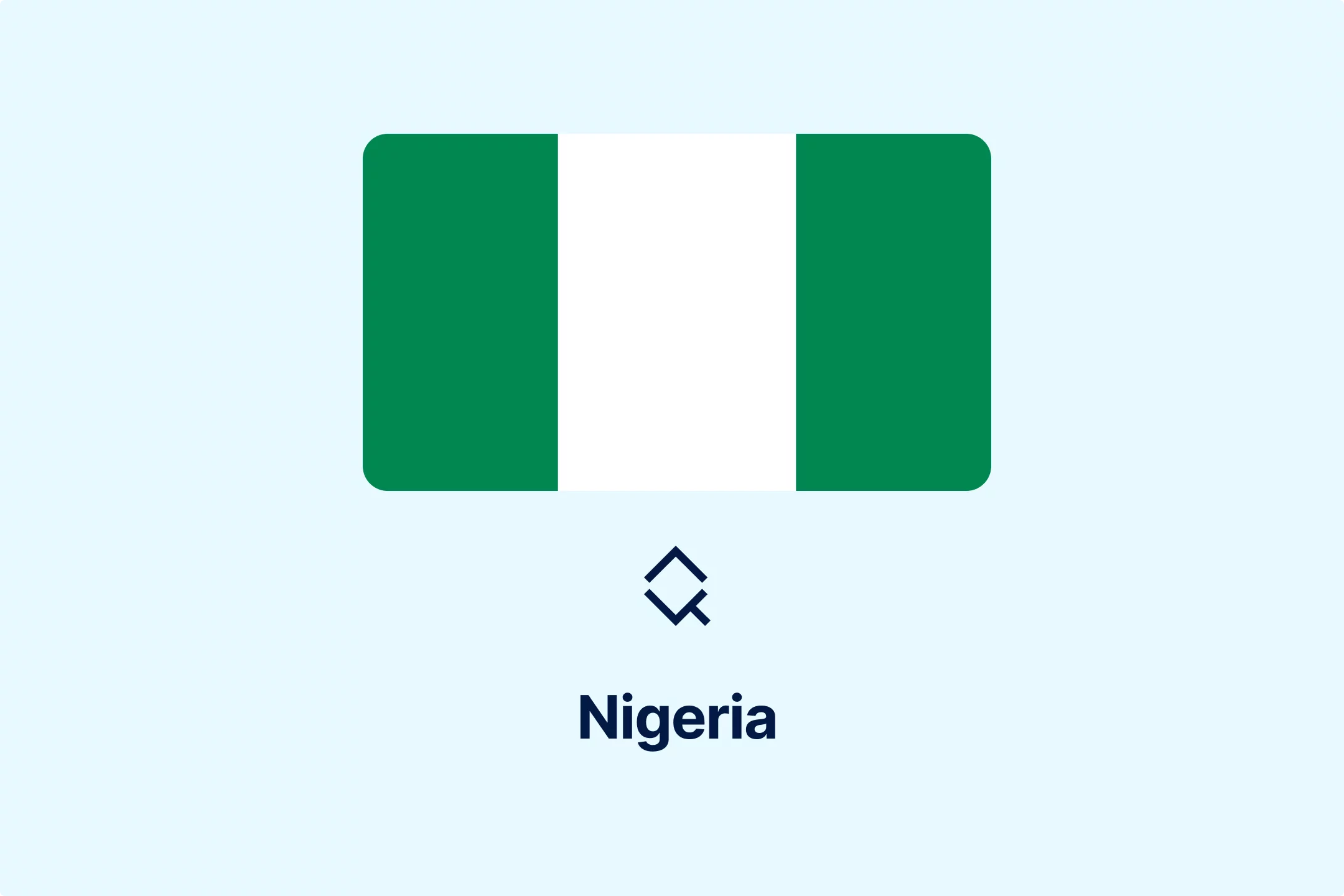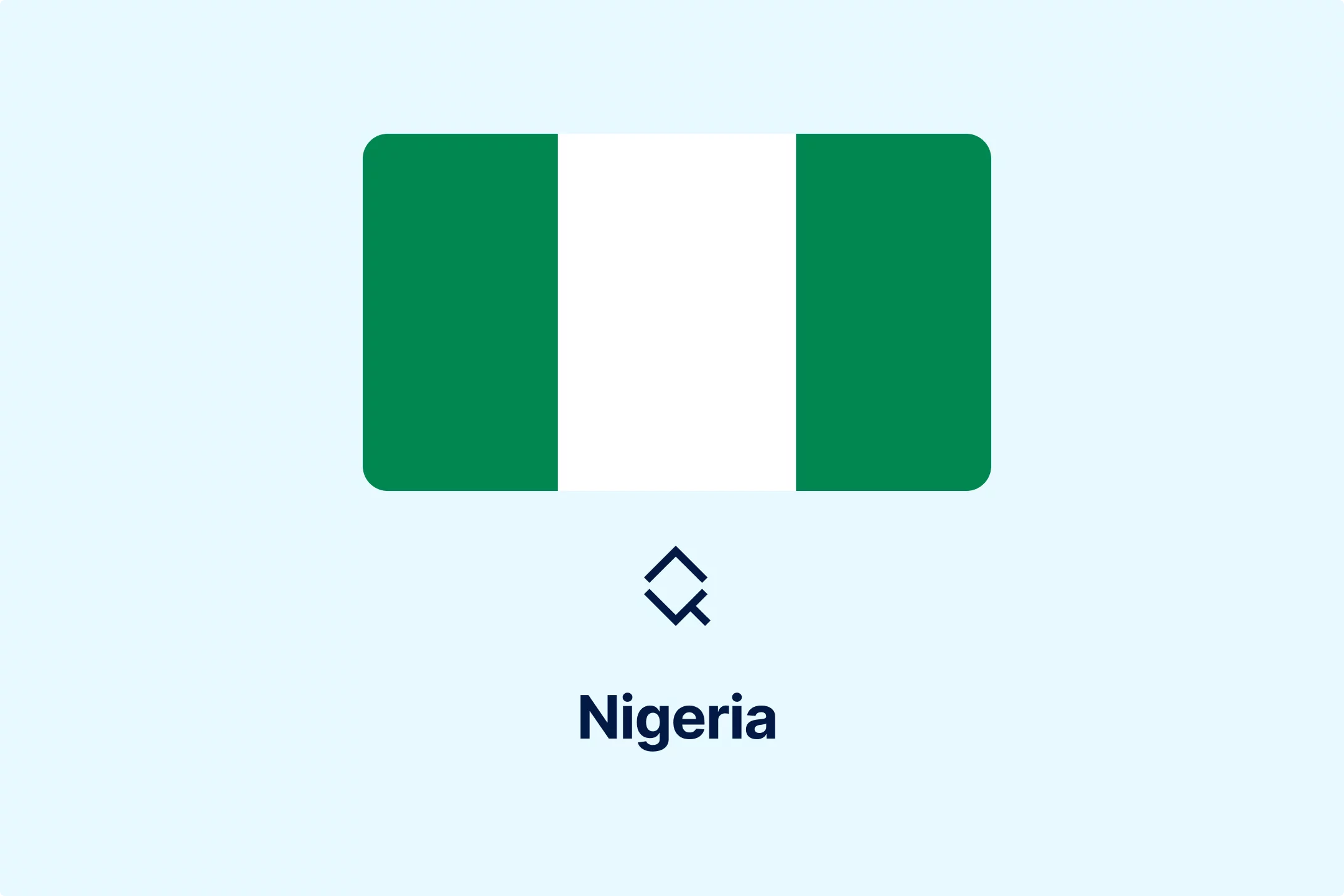Nigeria Tax Reform Bills: What Businesses Must Know About VAT & Compliance Changes

🎧 Prefer to Listen?
Get the audio version of this article and stay informed without reading - perfect for multitasking or learning on the go.
The Nigeria Tax Reform Bills, particularly the Nigeria Tax Bill and the Nigeria Revenue Service (Establishment) Bill mark a significant shift in the country’s fiscal strategy. These legislative changes aim to overhaul indirect tax administration, revise VAT rates and thresholds, restructure revenue-sharing mechanisms, and establish a more unified tax authority framework.
Key objectives driving these reforms include addressing multi-layered taxation complexities, consolidating disparate legal frameworks, expanding the tax base, and generating sustainable revenue streams for national development. We will explore how the proposed reforms affect indirect tax compliance, what changes may be required to enterprise systems, and how companies can prepare for a harmonized compliance regime involving federal, state, and local tax authorities.
1. Understanding the Proposed Tax Reform Bills
1.1 The Nigeria Tax Bill
This bill introduced sweeping proposals to update the VAT regime. Among the most debated elements was a phased increase in VAT rates starting at 10% in 2025, rising to 12.5% by 2029, and eventually 15% from 2030. However, in a significant twist, the House of Representatives rejected this proposal, opting to retain the current VAT rate at 7.5%.
Strategic VAT Exemptions and Zero-Rating
To mitigate the potential inflationary impact of VAT increases, the reforms introduce expanded exemptions focused on essential goods and services that constitute the majority of household spending. The exemption list now includes:
• Basic foodstuffs (accounting for 52% of household spending)
• Medical and pharmaceutical supplies
• Educational materials and services
• Residential rents
• Public transportation
• Renewable energy products
These exemptions are strategically designed to ensure that approximately 82% of household consumption will see reduced prices as VAT is removed, while only 18% of goods (primarily luxury items) will bear the full brunt of rate increases. For businesses supplying these essential items, the reforms offer potential competitive advantages through price reductions.
Input VAT Recoverability Changes
A critical improvement in the VAT regime involves modifications to input VAT recovery mechanisms, particularly for zero-rated supplies. Under the current system, businesses often bear irrecoverable VAT costs on inputs used to produce VATable goods and services. The reform proposes:
• Full tax credits for VAT paid on assets and expenses incurred to produce Vatable goods/services.
• Elimination of VAT cost currently borne by businesses through improved input recovery.
• Potential 7.5% reduction in production costs for qualifying businesses.
These changes aim to create a more neutral VAT system that doesn't distort production decisions or embed tax costs in business operations. However, they also introduce new compliance complexities in tracking and documenting input VAT across different categories of expenditure.
Compliance and Reporting Requirements
The VAT reforms are accompanied by enhanced compliance measures that will significantly impact business processes:
• Mandatory e-invoicing for all B2B, B2C, and B2G transactions through integration with the FIRS e-invoicing platform.
• Implementation of the Automated Tax Administration System (ATAS), granting FIRS access to taxpayer accounting systems.
• Monthly VAT return filings (currently required) with stricter penalties for non-compliance.
• Clearer time-of-supply rules to determine VAT liability points.
The e-invoicing mandate, scheduled for pilot implementation in the second half of 2025 with large taxpayers, represents a particular challenge for businesses. The Merchant Buyers' Service Solution will require real-time or near-real-time transmission of invoice data to FIRS, necessitating significant system upgrades for many organizations.
Other key provisions included:
Adjustments to VAT registration thresholds to reduce burden on small businesses,
Revised VAT revenue sharing formula,
A framework for improved tax transparency.
1.2 The Nigeria Revenue Service (Establishment) Bill
This bill proposes replacing the Federal Inland Revenue Service (FIRS) with a new body the Nigeria Revenue Service (NRS). The NRS would serve as a centralized authority, streamlining collection, enforcement, and compliance monitoring across federal and subnational levels.
This proposal aims to:
• Eliminate duplication of efforts across multiple agencies
• Reduce compliance costs for taxpayers
• Create uniform procedures for tax administration
• Enhance transparency through consolidated reporting
2. Implications for Indirect Tax Compliance
2.1 System Adaptation: ERP Configuration and Tax Engine Updates
For businesses using Enterprise Resource Planning (ERP) systems, the tax logic embedded in these platforms must remain agile. Although the VAT rate remains at 7.5%, businesses must prepare for possible future changes.
Key system adaptation areas include:
Tax code configuration to accommodate multiple VAT scenarios.
Automatic updates for product pricing and invoice tax lines.
Period-end VAT reconciliation and audit trail enhancements.
A proactive approach is to simulate future VAT rates in sandbox environments, allowing financial controllers to assess pricing impacts and avoid disruptions when changes do occur.
2.2 Real-Time Reporting and E-Invoicing Compliance
In alignment with global digital tax trends, FIRS (and soon the NRS) is set to introduce a pilot e-invoicing program in the second half of 2025. This initiative will begin with large enterprises and is likely to expand across sectors.
For indirect tax teams, this shift requires:
Implementation of electronic invoicing standards.
Integration of tax clearance APIs within financial systems.
Real-time data validation and archiving mechanisms.
Early preparation will mitigate last-minute compliance risks and position businesses to lead in digital reporting maturity.
3. Federal-State-Local Collaboration: Simplification or Complexity?
A significant highlight of the reforms is the collaborative framework between federal, state, and local tax authorities. This is to be institutionalized through a Joint Tax Board, which will harmonize tax policies and reduce the confusion caused by overlapping jurisdictions.
Benefits for Indirect Tax Compliance
Unified registration and filing across all tiers of government.
Elimination of duplicate audits and assessments.
A single compliance calendar to streamline operations.
Risks and Transition Challenges
While this approach promises simplification, the transition may involve:
Inter-agency coordination challenges.
Temporary reporting overlaps.
Training gaps for both tax officials and business compliance teams.
4. Future VAT Changes: Planning for Pricing and Profitability
Even with the rejection of the proposed VAT rate hike, businesses would be wise to develop contingency pricing models.
Strategic Readiness for Phased VAT Increases
If future amendments reintroduce a tiered VAT rate, organizations will need to:
Adjust product pricing across SKUs or service tiers.
Evaluate supply chain tax implications.
Communicate pricing changes to consumers with transparency.
Industry Spotlight: Digital Services and FMCG
Sectors like digital services and fast-moving consumer goods (FMCG) are especially sensitive to VAT fluctuations. A 2.5% rate increase could drastically affect margins and customer retention. These sectors should pilot scenario-based pricing models and automate tax-inclusive pricing displays in online platforms and POS systems.
5. Navigating Nigeria's Tax Transformation
While the VAT rate remains unchanged for now, businesses cannot afford to take a wait-and-see approach. To align with the Nigeria Tax Reform Bills and ensure indirect tax readiness, businesses should consider the following steps:
1. Prioritize System Readiness: The mandatory e-invoicing requirements and ATAS integration demand immediate attention, particularly for large taxpayers included in the 2025 pilot program. ERP systems must be reconfigured to handle new VAT rates, exemptions, and reporting requirements.
2. Leverage VAT Exemptions: Businesses dealing in essential goods should capitalize on zero-rating by adjusting prices and marketing strategies accordingly. Proper classification of goods/services will be critical to maximizing benefits.
3. Engage with Authorities: The evolving nature of the reforms evidenced by parliamentary adjustments to original proposals requires ongoing monitoring and engagement with tax authorities to ensure compliance with final requirements.
4. Adopt Phased Planning: The multi-year implementation timeline allows businesses to develop gradual adaptation strategies rather than emergency responses. Roadmaps should account for all planned changes through 2030.
5. Strengthen Compliance Functions: Enhanced enforcement capabilities through ATAS and e-invoicing mean traditional compliance gaps will become more visible and costly 4. Investing in robust tax governance structures is essential.
6. Conclusion
These reforms signal a bold direction in the country’s tax administration strategy. As Nigeria seeks to modernize its tax system and increase revenue collection, businesses that view compliance as a strategic imperative rather than a bureaucratic burden will be best positioned to thrive. The reforms ultimately aim to create a more transparent, efficient, and equitable tax environment that supports Nigeria's economic growth ambitions while reducing the compliance burden on legitimate businesses.

Featured Insights

Burkina Faso FEC E-Invoicing Mandatory July 2026
🕝 February 24, 2026More News from Nigeria
Get real-time updates and developments from around the world, keeping you informed and prepared.
-e9lcpxl5nq.webp)








